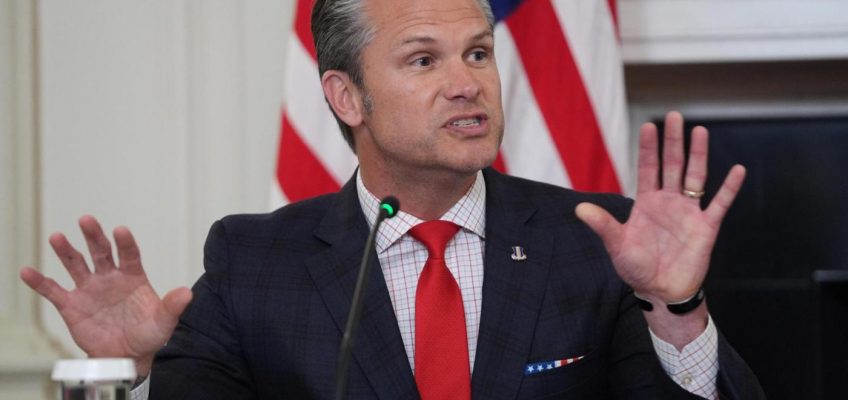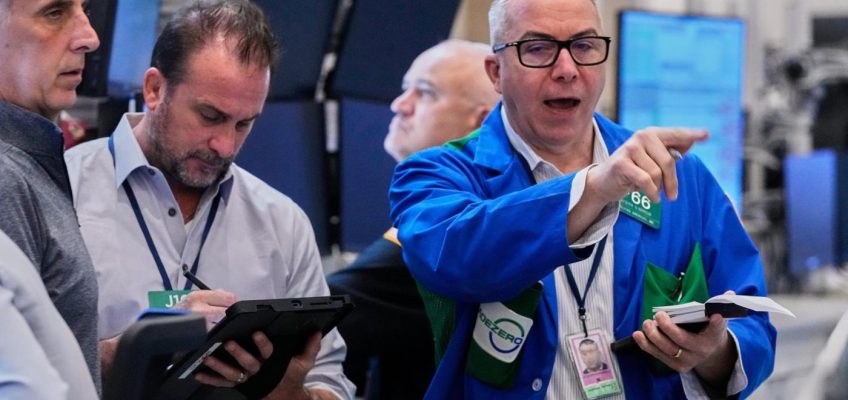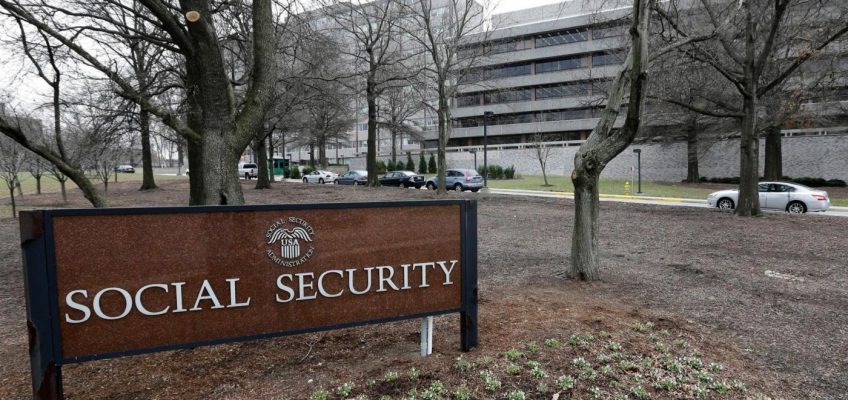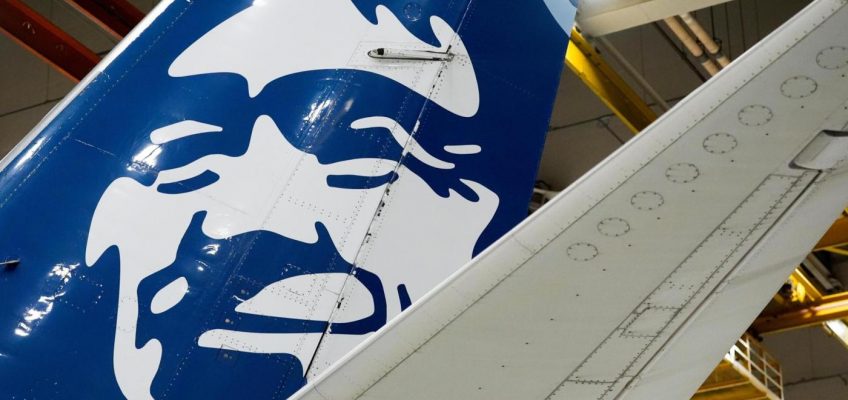By TERESA CEROJANO and MATT OTT, Associated Press
Markets on Wall Street climbed early Friday after long-awaited government data showed that inflation remained elevated but that prices rose less than feared last month. The report buttressed expectations that the Federal Reserve will offer up another interest rate cut when the central bank’s officials meet next week.
Alaska Airlines resumes operations after an IT outage grounded its flights for hours
US inflation stays elevated but prices rose less than feared last month
Today in History: October 24, the United Nations officially launches
California union proposes one-time tax on billionaires to offset Medicaid cuts
Columbus Zoo welcomes second Asian elephant calf this year
Futures for the S&P 500 rose 0.7% while futures for the Dow Jones Industrial Average were up 0.5%.
The yield on the 10-year Treasury immediately fell after the release of the inflation report, dropping to 3.97% from 4.01%.
Friday’s inflation report — released more than a week late — showed that the costs of some imported goods rose while rental prices cooled.
Consumer prices increased 3% in September from a year earlier, up from 2.9% in August. Excluding the volatile food and energy categories, core prices also rose 3%, a decline from 3.1% in the previous month. Both figures are above the Federal Reserve’s 2% target.
The report on the consumer price index is being issued more than a week late because of the government shutdown, now in its fourth week. The Trump administration recalled some Labor Department employees to produce the figures because they are used to set the annual cost-of-living adjustment for roughly 70 million Social Security recipients.
The figures reflect a smaller increase than many economists had forecast, and will likely encourage the Federal Reserve to cut its key interest rate when it meets next week for the second time this year.
Oil prices were higher following Thursday’s 5% surge after the U.S. and Europe imposed more sanctions on Russian oil.
Early Friday, U.S. benchmark crude gained 17 cents to $61.96 per barrel, while Brent crude rose 25 cents $66.24 per barrel.
Intel climbed 6.8% after it blew past Wall Street’s third quarter profit projections. It was Intel’s first earnings report since President Trump announced that the U.S. government was taking a 10% stake in the struggling chipmaker. The company has been slashing jobs and delaying major projects in an effort to shore up its finances to better compete with rivals that have since overtaken it.
Shares of Ford Motor Co. jumped 4.4% after the automaker easily beat Wall Street’s sales and profit targets. Revenue rose 9% from the same period last year, reaching a record $50.5 billion.
Gold, which has been soaring to records most of the year, fell 1.7% Friday to $4,075.10 per ounce.
At midday in Europe, Germany’s DAX rose 0.1%, while Britain’s FTSE 100 edged less than 0.1% higher. In Paris, the CAC 40 fell 0.3%.
Chinese benchmarks gained after the ruling Communist Party wrapped up an important planning meeting Thursday without any major policy changes.
Hong Kong’s Hang Seng index gained more than 0.7% to 26,160.15, while the Shanghai Composite index added 0.7% to 3,950.31.
Japan’s Nikkei 225 rebounded Friday from the previous day’s losses, adding 1.4% to 49,299.65. Tech shares were among gainers as sentiment was boosted by the White House confirmation of Trump’s meeting with Xi.
Data released Friday showed Japan’s core inflation rate rose to 2.9% in September from 2.7% in August. Despite price pressures, the Bank of Japan is widely expected to keep interest rates unchanged at a meeting next week: newly elected Prime Minister Sanae Takaichi has expressed a preference to keep rates low.
In Seoul, the Kospi surged 2.5% to 3,941.59, a fresh record, as gains on Wall Street and news of the Trump-Xi summit lifted investor sentiment and eased trade worries.
Australia’s S&P/ASX 200 slipped nearly 0.2% to 9,019.00 after preliminary data showed Australia’s factory activity contracted to 49.7 in October from 51.4 in September.
India’s BSE Sensex fell more than 0.5%, while Taiwan’s stock market was closed for a holiday.




